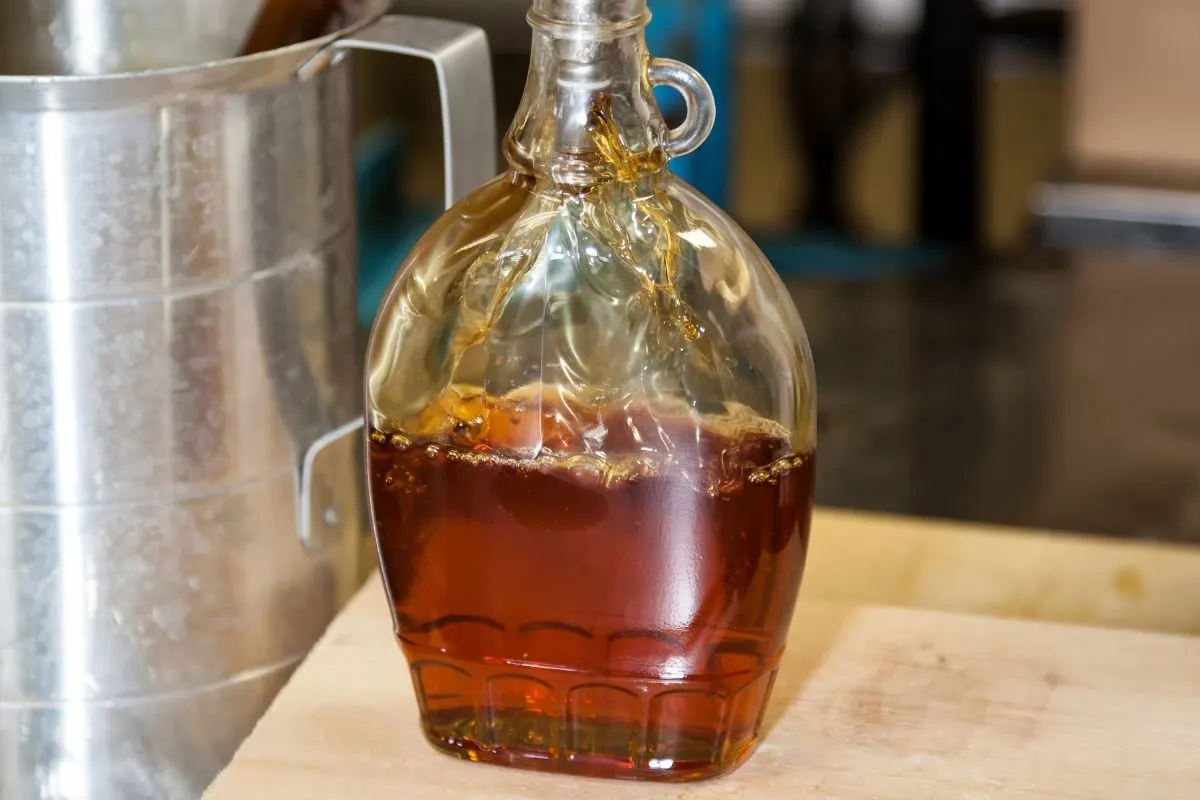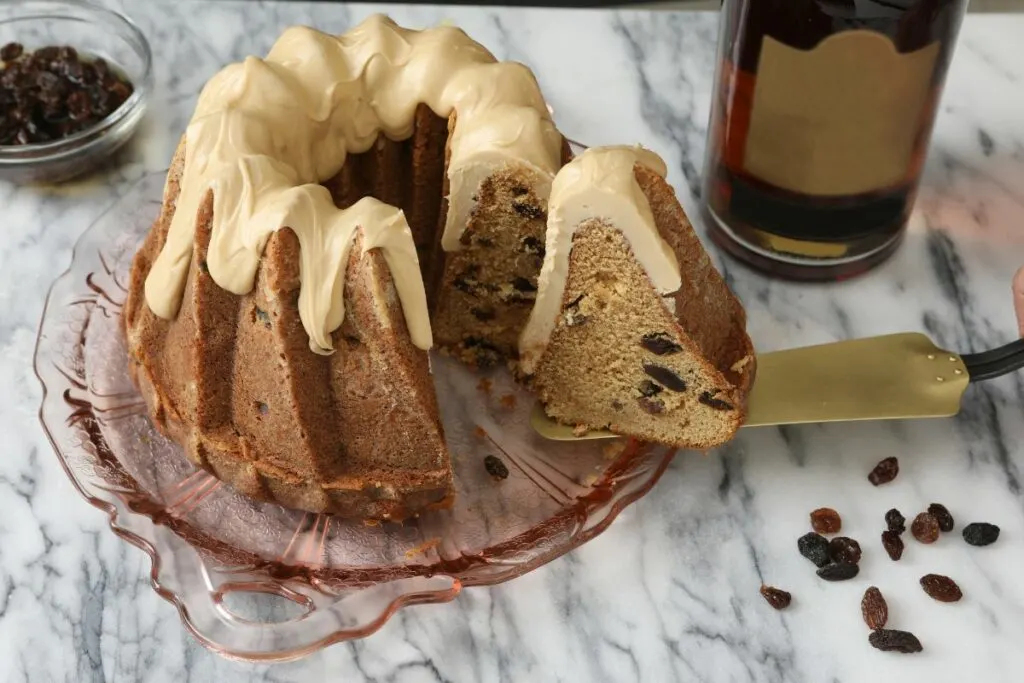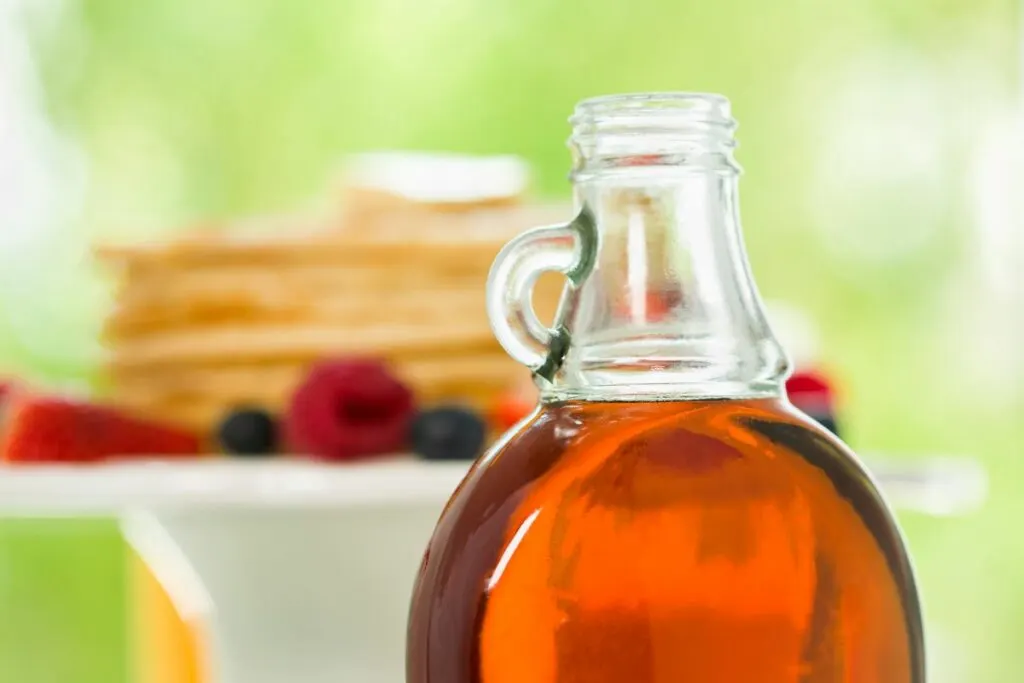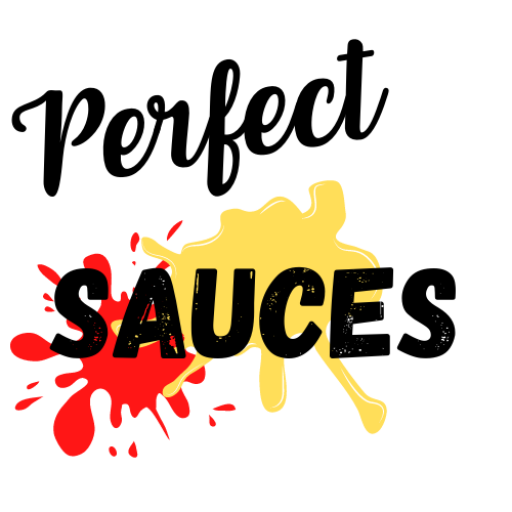You may have been looking for rum extract substitutes for a number of reasons. What if you wanna add a splash to your porkchop sauces or spicy chicken sauce recipes but want to make it more kid-friendly? Well, I’ve got several of the best substitutes for ram extract. You can substitute rum extract with bourbon, light/dark rum, vanilla extract, butterscotch extract, and maple extract. I’ll go into why these are the best rum extract swaps and give tips on how to use them!

Jump To
🤷 What is Rum Extract?
Rum extract is a concentrated flavoring derived from rum. The extract is made by soaking rum in water and then distilling it to remove the alcohol. The resulting liquid is then concentrated to create the extract. It’s commonly used in baking and cooking to add a distinct rum flavor to dishes such as cakes, cookies, and sauces.
📌 Rum Extract vs Rum
Rum extract is a concentrated flavoring made from rum, while rum is an alcoholic beverage made by fermenting and distilling sugarcane or molasses. The extract is typically applied in baking and cooking to add a rum flavor without the added alcohol content. The biggest difference is that rum extract is non-alcoholic. On the other hand, rum contains alcohol, which can affect the flavor and texture of your dish. A ratio of 1 teaspoon of extract to every 2 tablespoons of rum is generally recommended.
🧑🍳 How to Use Rum Extract
- Imitation rum extract serves as an alternative for non-drinkers, including children, individuals with alcohol allergies, or those recovering from illness.
- Enhances the overall taste in marinades, sauces, and stews.
- Sauces and glazes require only a few drops to one teaspoon of rum extract to achieve a rich flavor.
- It can be a cost-effective substitute for rum in dishes like drunken steaks, rum-spiced chicken, or rum-glazed pork chops.
- It can be used in mocktails as a replacement for rum.
- Adds a fantastic touch to favorite sweet confections, including banana Foster, Tiramisu, Tres Leches, Rum Butter Cake, and Festive and delicious Rum Snickerdoodles cookies.

💡 5 Best Rum Extract Substitutes
Light Rum or Dark Rum
You’ll be glad to know that rum extract can be substituted for rum itself. Not considering the alcohol content, using rum as a replacement for rum extract brings us to the original source of the ingredient and its flavor profile. There are two kinds of rum. These are light rum and dark rum. To use this substitute, you can use a quarter of the amount of rum extract (alcoholic version) as the amount of rum called for in a recipe.
Bourbon
Another type of liquor that’ll work as an alternative to rum extract is bourbon whiskey. Bourbon has a sweet flavor with hints of vanilla and caramel, similar to rum’s flavor notes. This barrel-aged American whiskey is distilled from a mash made from at least 51% corn. It can be hard to find outside of the US, but if you have it in your pantry, then you’re golden. Use just 4 tablespoons of bourbon for every teaspoon of rum extract called for in a recipe.

Vanilla Extract
Vanilla extract is a common flavoring with a slightly bittersweet taste and smell. Soaking vanilla beans in alcohol is what draws out the flavor to make the extract, so all-natural vanilla extracts contain some level of alcohol. The Aztecs were credited as the first to use this flavoring in their cacao drinks, as the vanilla vine is native to modern-day Mexico. This being the case, it’ll completely change the flavor of the recipe. No more than a 1:1 ratio should be used when swapping vanilla extract with rum extract.
Butterscotch Extract
Butterscotch extract, known for its deliciously sweet and buttery profile reminiscent of caramelized toffee, can serve as a very nice rum extract swap. This concentrated flavor pairs well with chocolate, caramel, vanilla, and nuts. While butterscotch extract does add that delicious sweetness, it won’t precisely replicate the rum flavor. So, when replacing rum extract with butterscotch extract, start with a smaller amount, about half of the specified rum extract quantity in the recipe.
Maple Extract
Maple extract makes for another great substitute thanks to its rich and sweet flavor profile. While it won’t replicate the exact taste of rum, its distinctive sweetness is still a nice addition. Just make sure to consider its compatibility with the flavor profile of the dish you’re preparing. Start with a modest amount, like half of the rum extract amount in the recipe, and adjust based on taste preferences. If you’re out or can’t find any, you can use maple extract substitutes instead.

🧐 FAQs
You can find it at most grocery stores, baking supply stores, and online retailers. You can also order it online. Many online retailers offer a wide selection of rum extracts, including organic and all-natural options.
Yes, rum extract is still considered an alcoholic ingredient because it contains alcohol, though the amount of alcohol in rum extract is usually very low, typically less than 2%.
There are several high-quality brands of rum extract available for baking, including McCormick, Nielsen-Massey, and OliveNation. The best brand for you will depend on your taste and specific recipe.
